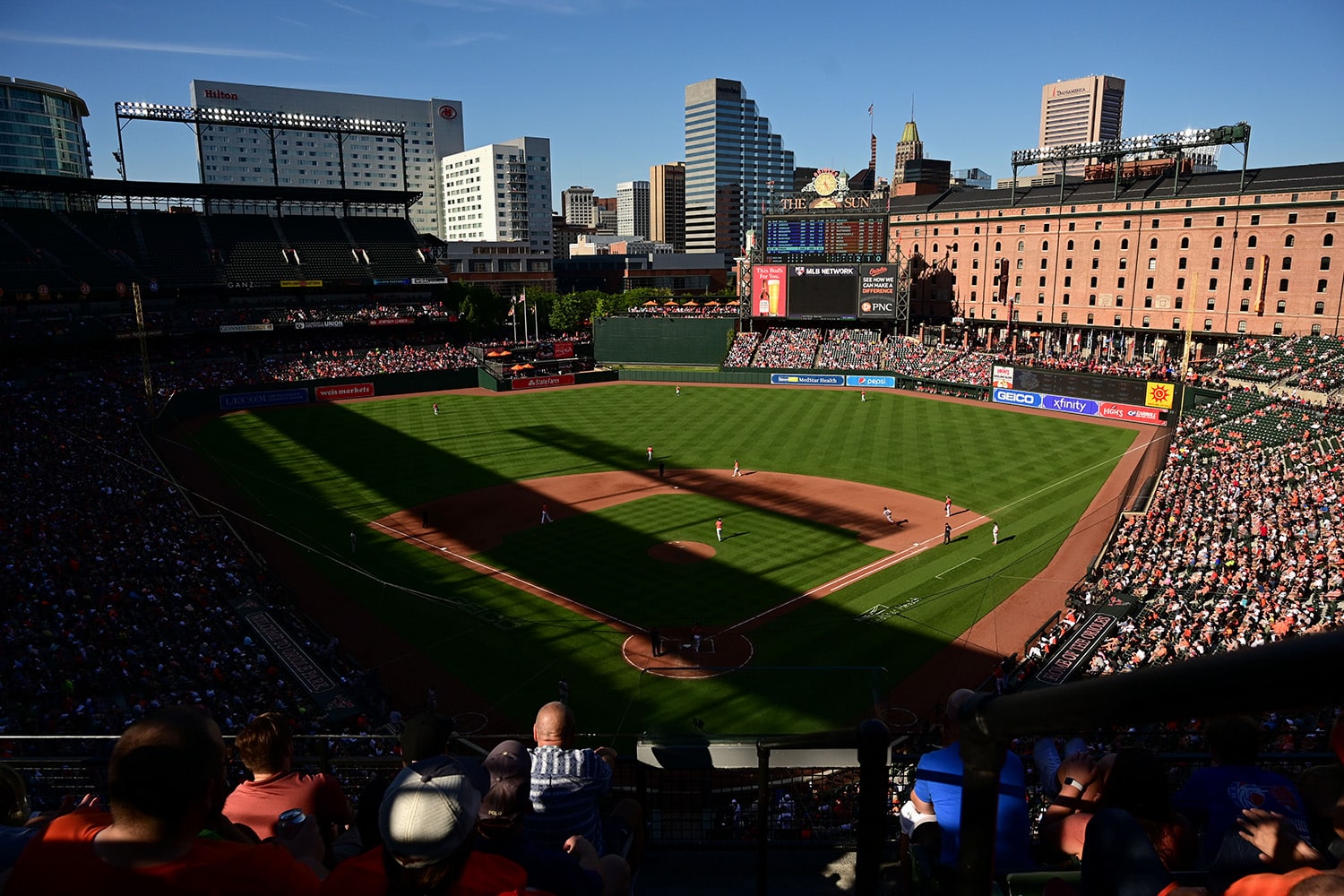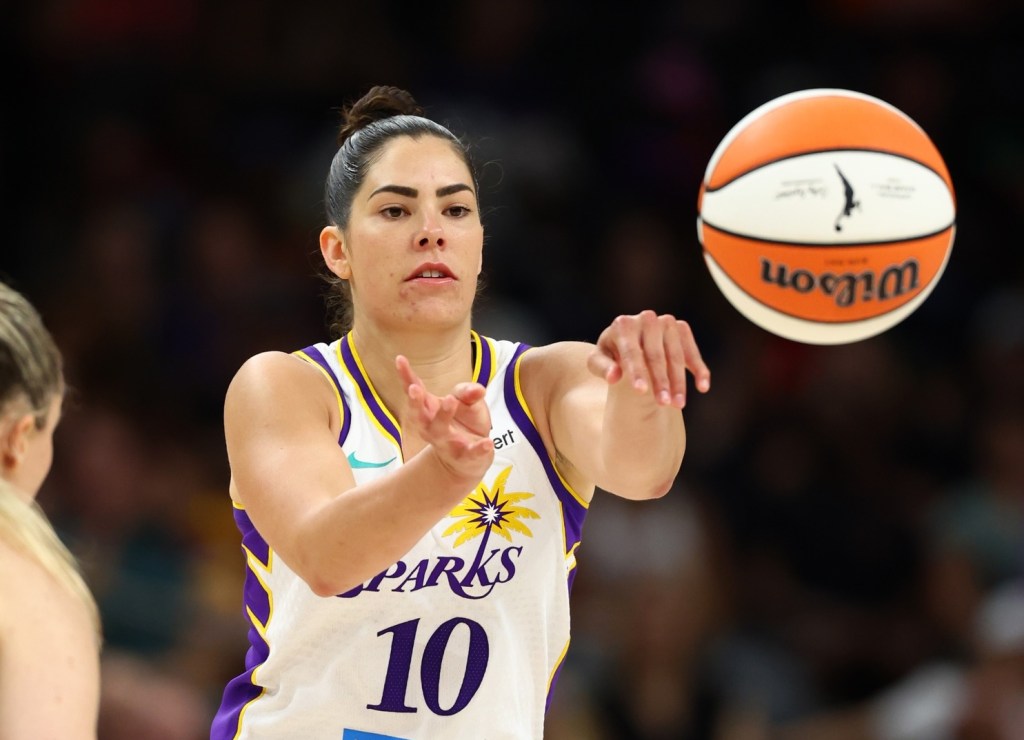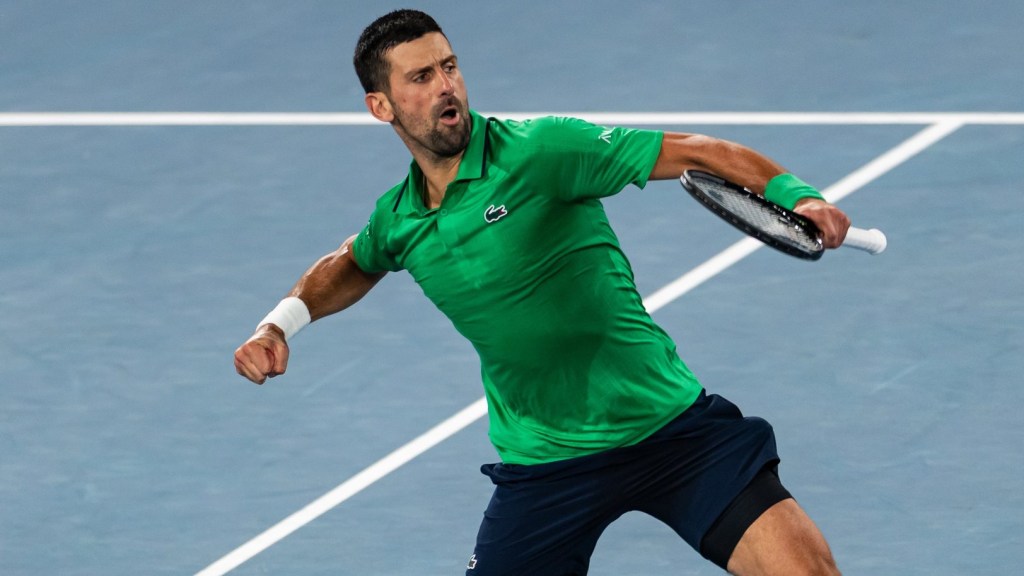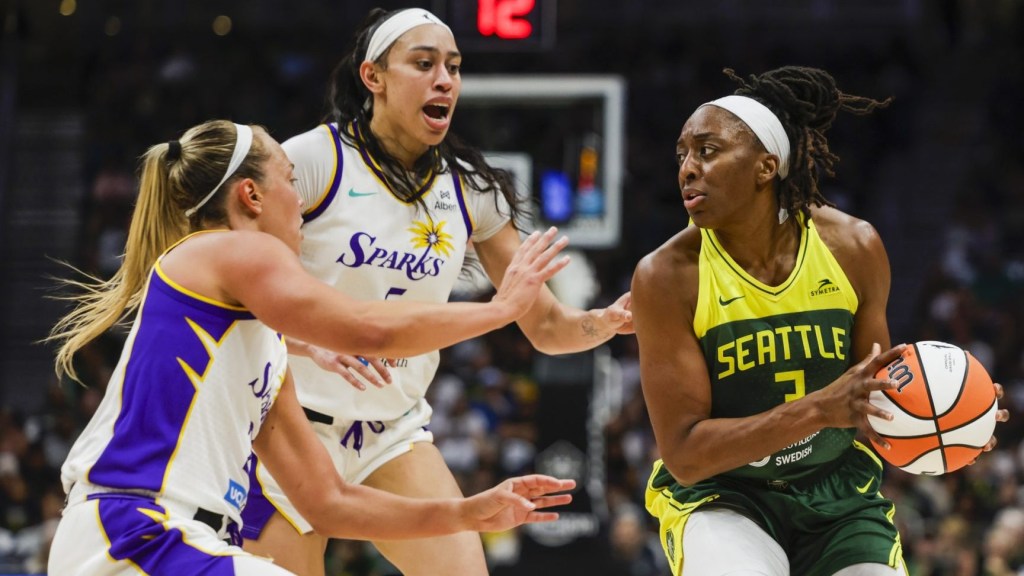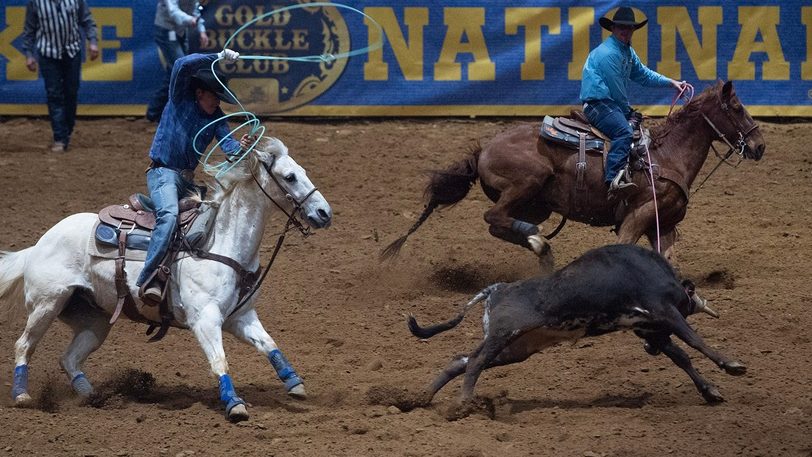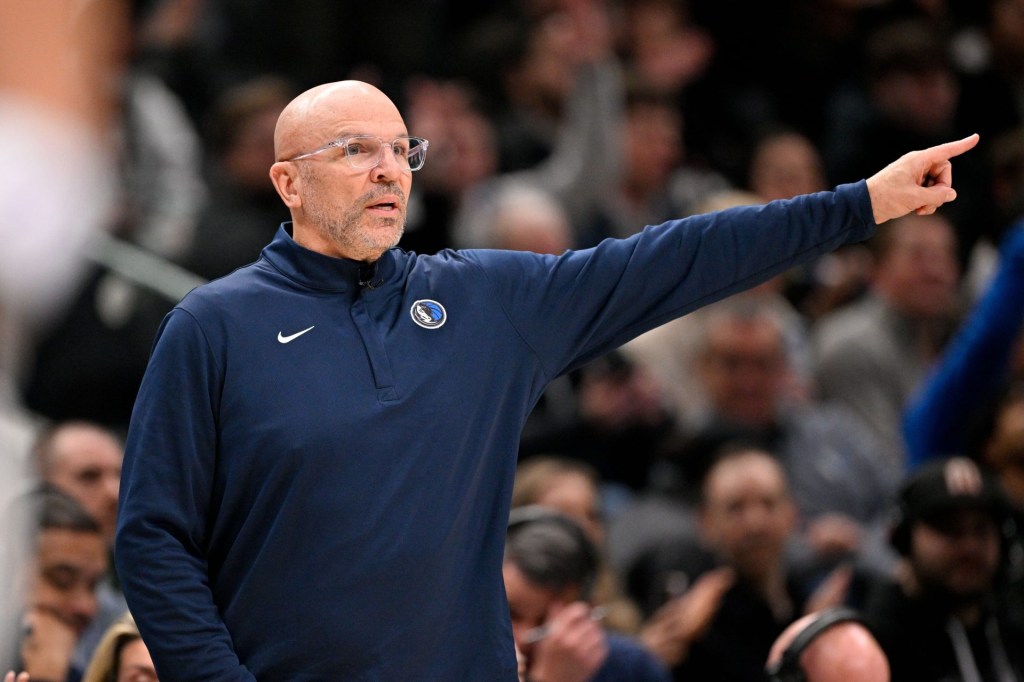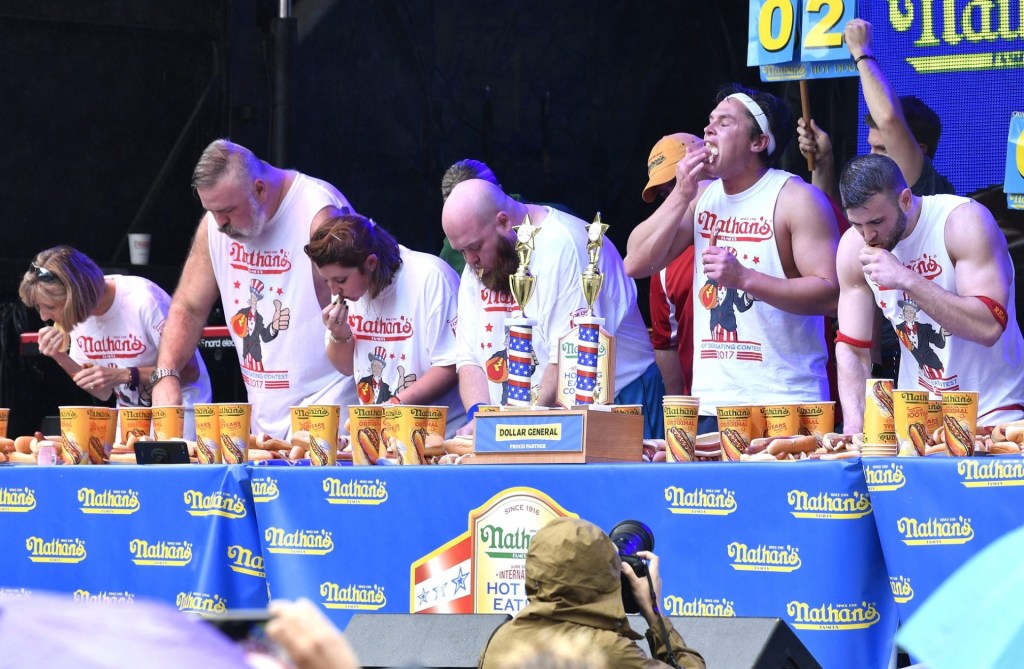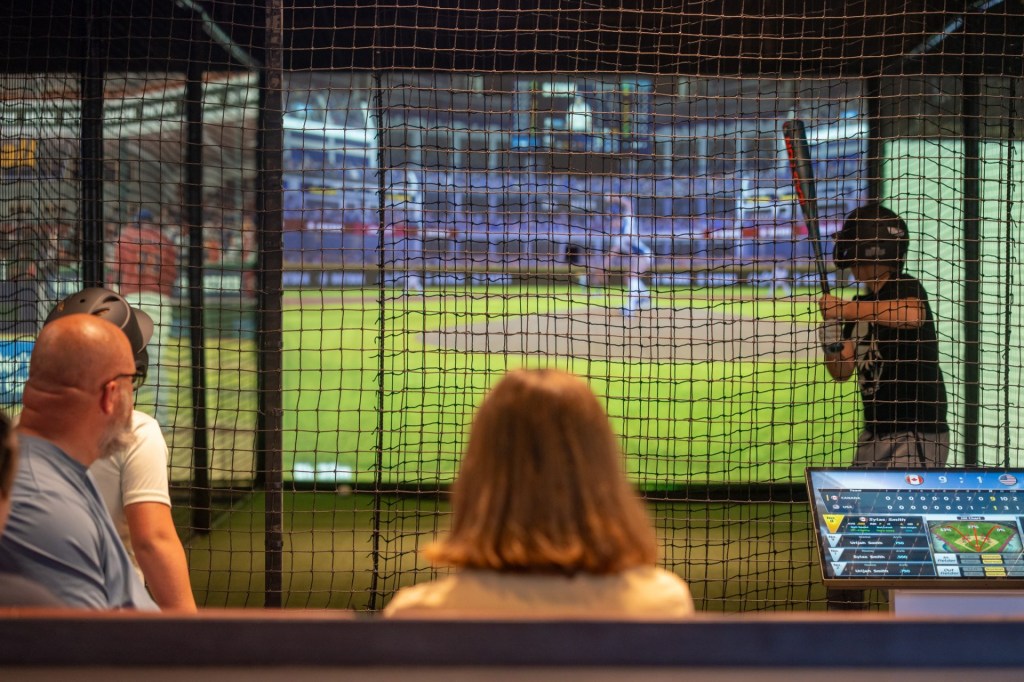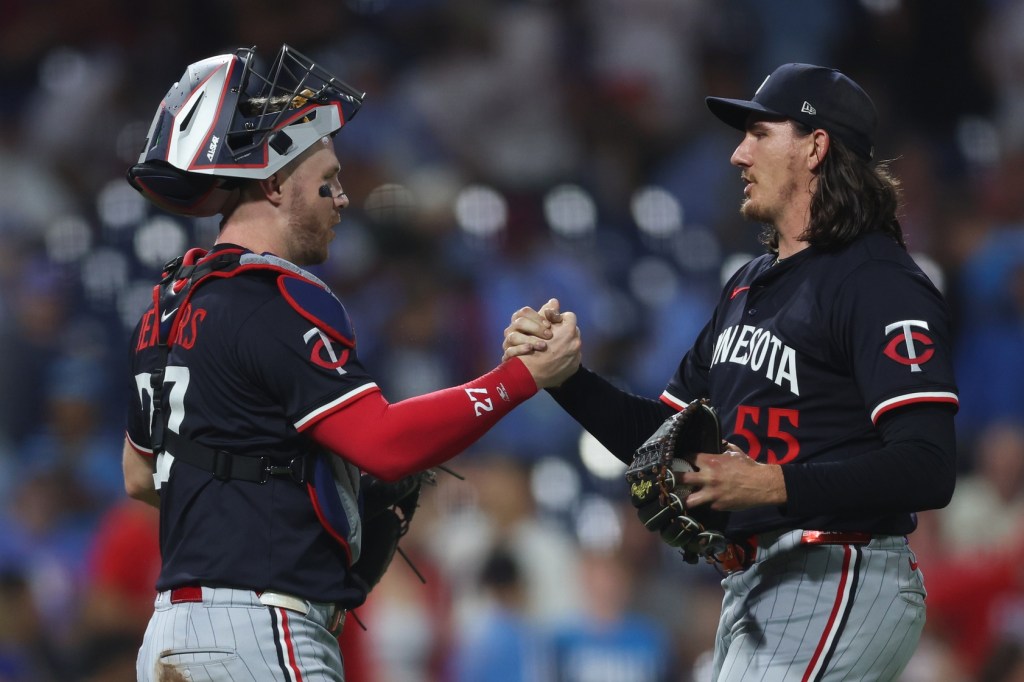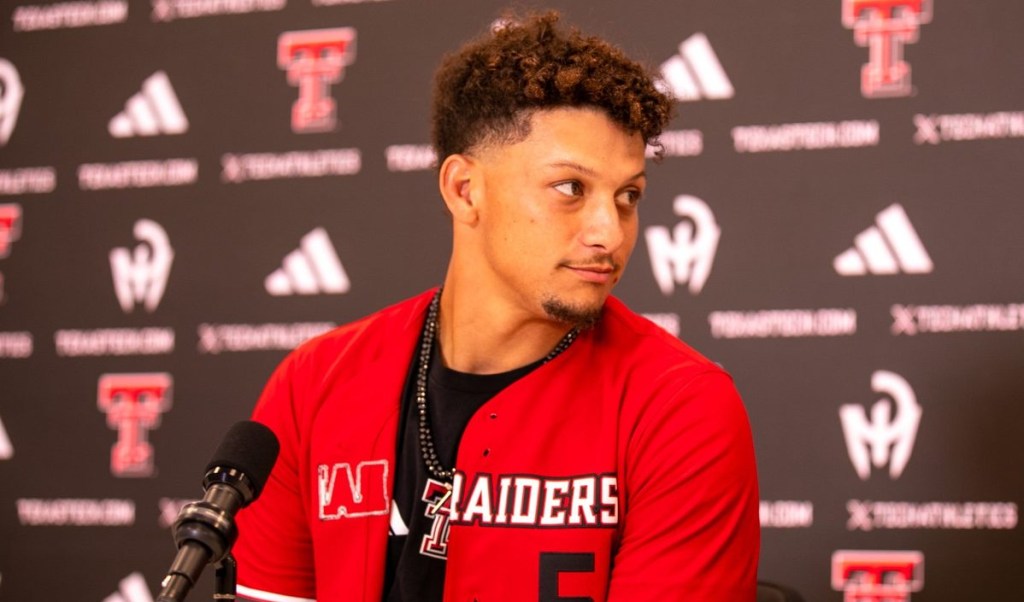For nearly a quarter century, many of the key elements of Baltimore-Washington pro sports were seemingly cast in stone. Dan Snyder owned the Washington Commanders. The family of Peter Angelos controlled the Baltimore Orioles. And the Washington Wizards and Capitals played at Capital One Arena in D.C.’s Chinatown.
In the span of just six months, that has dramatically changed, transforming one of the country’s largest and most important sports markets.
Billionaire private equity executive and Baltimore native David Rubenstein is buying the Orioles, valuing the team at $1.725 billion and representing the latest landmark sports deal in the national capital region. That agreement closely follows an emerging effort by Wizards and Capitals owner Ted Leonsis to build a $2 billion arena and mixed-use development in Alexandria, Va., and move the two teams there, as well as the $6.05 billion purchase last summer of the Commanders by a Josh Harris-led group.
“Not bad for a supposedly sleepy market, huh?,” Matt Winkler, a professor of sports analytics and management at American University, tells Front Office Sports. “We’re definitely entering a new era here, particularly as it relates to stadium-going in the region.”
On one hand: The run of deals offers plenty of promise for local fans as Harris succeeded the highly unpopular and controversial Snyder; Rubenstein takes the reins of the Orioles as the teams enters a competitive high point in franchise history; and Leonsis is looking to upgrade the 26-year-old arena with an expansive project offering many more amenities than just a sports arena.
But there are still serious potential pitfalls in each scenario, too. The Commanders finished 4-13 in Harris’s first season, and the owner is now embarking on a head coaching search while trying to solve a long-troublesome quest for a new stadium site. Political and residential opposition is quickly growing around Leonsis’s proposed Alexandria project. And while the Orioles have a newly completed lease extension for Oriole Park at Camden Yards, parameters of a planned development around the stadium remain uncertain—a factor that could allow the team to depart in as little as 15 years. Already, there are frustrations among Maryland politicians, as Orioles chair and CEO John Angelos previously insisted to state leaders repeatedly that the team was not for sale.
“It wasn’t just that we weren’t told something. We were lied to,” Maryland state treasurer Dereck Davis said Wednesday at a Board of Public Works meeting.
More Questions in Birdland
The other major issue surrounding the Rubenstein deal for the Orioles relates to the regional, team-controlled Mid-Atlantic Sports Network. A 2005 settlement between Angelos and MLB involving the Montreal Expos’ relocation to become the Washington Nationals gave the Orioles a majority interest in the regional sports network, which has been the source of legal drama for more than a decade.
The Rubenstein purchase—including in the ownership group a series of major sports figures and business leaders including Hall of Famers Cal Ripken Jr. and Grant Hill—reportedly includes the network, and the terms from the original league settlement remain intact. But MASN is experiencing the same decline of the traditional pay TV business as every other RSN, and it, too, could face a potential carriage issue as a contract with its key distribution partner, Comcast, expires in February.
